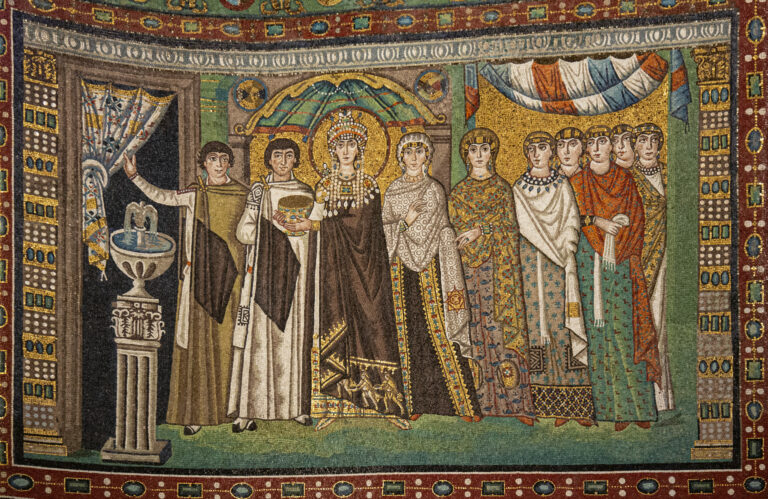Meaning, History, and Origin
The name “Kostandin” is derived from the Greek name “Konstantinos,” which means “steadfast” or “constant.” It has its roots in ancient Greek and Byzantine culture, often associated with religious figures and saints. The name gained prominence in the Eastern Orthodox Christian world due to its association with Saint Constantine the Great, the first Christian Roman Emperor.
Usage and Popularity
“Kostandin” is predominantly used in Eastern European countries with Orthodox Christian traditions, such as Albania, Greece, and Bulgaria. It is less common in Western countries but may be found among immigrant communities. While not among the most popular names, it holds significance in regions influenced by Orthodox Christianity.

Namesakes
One of the most famous namesakes of “Kostandin” is Saint Constantine the Great (Kostandin in Albanian), who played a pivotal role in the establishment of Christianity as the state religion of the Roman Empire. His conversion to Christianity and subsequent Edict of Milan in 313 AD granted religious freedom to Christians, shaping the course of history.
Name Day
The name “Kostandin” is celebrated on various dates depending on the calendar used by different Orthodox Christian churches. In the Eastern Orthodox Church, Saint Constantine and Saint Helen (his mother) are commemorated together on May 21st, while in the Albanian Orthodox Church, the feast day is celebrated on June 3rd.
Interesting and Fun Facts
- The name “Kostandin” is often associated with strength, resilience, and unwavering faith due to its etymological roots.
- In addition to its religious significance, “Kostandin” may also carry familial and cultural ties, passed down through generations within Eastern European families.
- Variants of the name, such as “Konstantin” or “Constantine,” have been borne by numerous historical figures, rulers, and scholars throughout history, contributing to its enduring legacy.
Sources:
- “Behind the Name.” [no follow tag]
- “Orthodox Saints and Feast Days.” [no follow tag]
- “Albanian Orthodox Church.” [no follow tag]
Where does the name Kostiantyn come from?
The name “Kostiantyn” is of Ukrainian origin, derived from the Greek name “Konstantinos,” which means “steadfast” or “constant.”
What is the meaning of Kostiantyn?
The name “Kostiantyn” means “steadfast” or “constant,” reflecting qualities of resilience and unwavering determination.
How do you pronounce Kostyantyn?
Kostyantyn is pronounced as “kohs-TYAHN-teen” in Ukrainian, with the emphasis on the second syllable.
What was Constantine’s real name?
Constantine’s real name was “Flavius Valerius Aurelius Constantinus.” “Constantine” was a title he adopted upon becoming Roman Emperor, referring to his steadfast devotion to Christianity.
How do you pronounce Konstantin?
Konstantin is pronounced as “kawn-STAHN-teen” in English, with the emphasis on the second syllable.
Is Constantine male or female?
Constantine is typically a male name, though it can theoretically be used for any gender.
Is Constantine a good name?
Constantine is often considered a strong and distinguished name with historical significance, making it a popular choice for those seeking a traditional and timeless name.
What does Constantin mean?
Constantin is a variant of the name “Constantine,” derived from the Latin name “Constantinus,” meaning “steadfast” or “constant.”
What country is the name Konstantin from?
The name “Konstantin” is of Greek origin but is used in various countries influenced by Greek culture and Orthodox Christianity, including Greece, Russia, Bulgaria, and Serbia
- Best Dun & Bradstreet (DNB) Alternatives for 2025 - April 26, 2025
- Best Seamless.ai Alternatives for 2025 - April 26, 2025
- Best Leadfeeder Alternatives for 2025 - April 25, 2025

